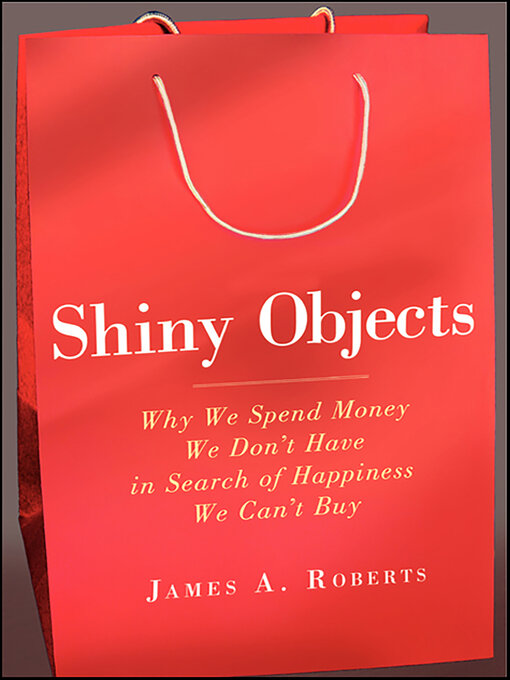In Shiny Objects, a cross between In Praise of Slowness and The Tipping Point, consumer behavior expert Professor James A. Roberts takes us on a tour of America's obsession with consumerism—pointing out its symptoms, diagnosing specific problems, and offering a series of groundbreaking solutions.
Roberts gives practical advice for how to correct the materialistic trends in our lives which lock us into a cycle of financial hardship and stress. Shiny Objects, a new The Paradox of Choice for the modern reader, is more than a critique of capitalism—it's also an exploration into how we can live happier, fuller, more productive lives today.


